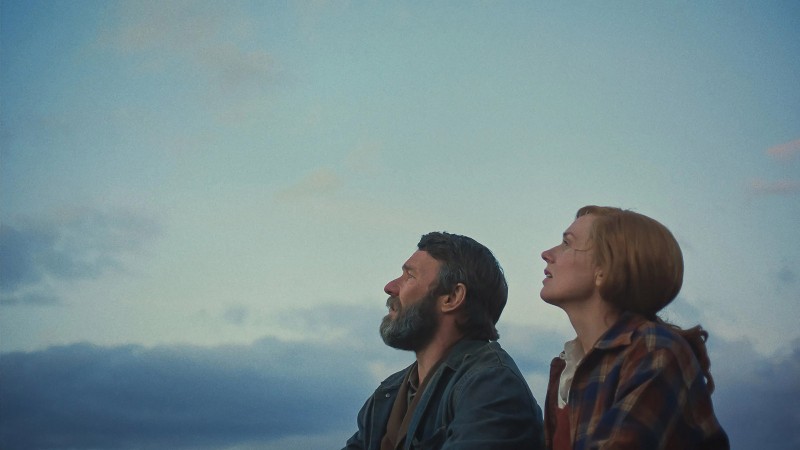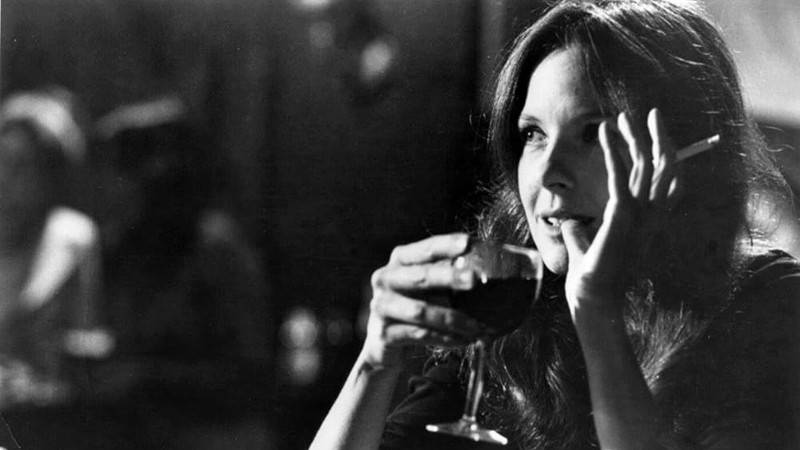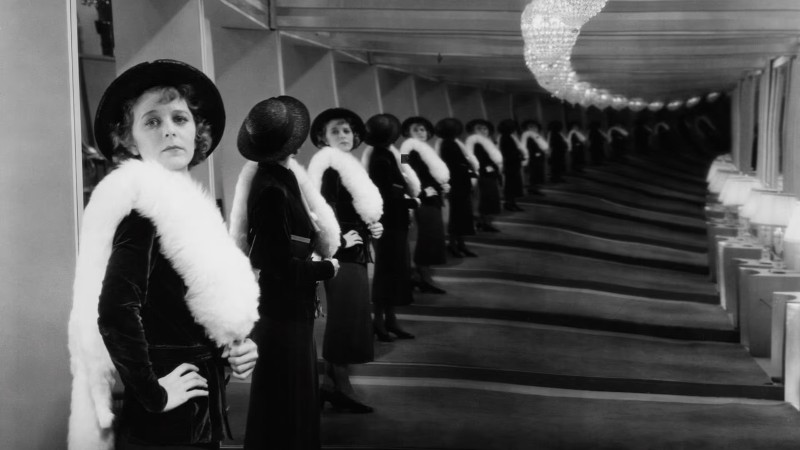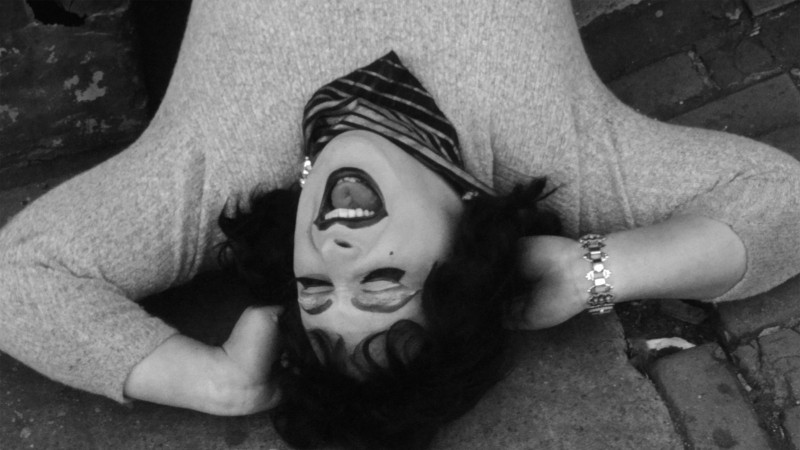Diao Yinan’s The Wild Goose Lake

Chinese director Diao Yinan takes his time between projects, but he’s got a pretty solid record to show for it. Starting out as a screenwriter for Zhang Yang (Spicy Love Soup, Shower), he appeared in Yu Lik-wai’s post-apocalyptic All Tomorrow’s Parties in 2003. That same year, his directorial debut, Uniform, won the Dragons & Tigers award in Vancouver. His follow-up, Night Train (2007), premiered in Cannes’s Un Certain Regard program, and Black Coal, Thin Ice (2014) won the Golden Bear in Berlin. Deception drives the stories Diao tells of people either flirting with lawlessness or delving deep into the criminal underworld. Last year, he appeared as a small-time gangster gone straight in Jia Zhangke’s Ash Is Purest White. This year, his fourth feature, The Wild Goose Lake, is the first of his films to be invited to the competition in Cannes.
A perilous chain of events is set off when our “calm, inscrutable anti-hero Zhou Zenong (Hu Ge),” as Time Out’s Dave Calhoun describes him, is released from jail, meets a woman in the rain, and is drawn into a conversation that triggers a series of flashbacks. On the whole, writes Calhoun, the story, “a twisty, hard-to-keep-track-of tale of revenge and double and triple crosses, is not especially remarkable. But that barely matters when there’s such virtuoso image-making on display.”
Writing for Variety, Jessica Kiang finds “something almost profound in how comprehensively The Wild Goose Lake imagines film noir belonging in China’s seedy, second-tier suburban underbelly. Diao’s film is far from the first to find the oily neons of nighttime noodle shops and rain-slicked alleyways the ideal setting for a twisty story of gangsters and cops and beautiful women of unknowable loyalties: Aside from the director’s own back catalog, everything from Bi Gan’s Long Day’s Journey Into Night to the films of Wong Kar-wai has borrowed at least a few such embellishments. But The Wild Goose Lake may just end up being the last word in Chinese crime noir, because it does not want (or need) to be anything else.”
But the Hollywood Reporter’s Jordan Mintzer suggests that Diao does indeed have more on his mind. Black Coal, Thin Ice was dark, but here, “Diao paints a greater, even darker portrait of contemporary China as a vast land of exploitation and criminality—from the prostitutes eking out a living on the lakeshore to the bands of thieves taking each other out for territory to the innocent victims who get caught up in the crossfire.” There’s a “labyrinthine sense of space” in The Wild Goose Lake, finds Jonathan Romney in Screen, all of it “comprehensively dirtied up by set designer Liu Qiang and often steeped in ripely artificial colors by DP Dong Jinsong.”



